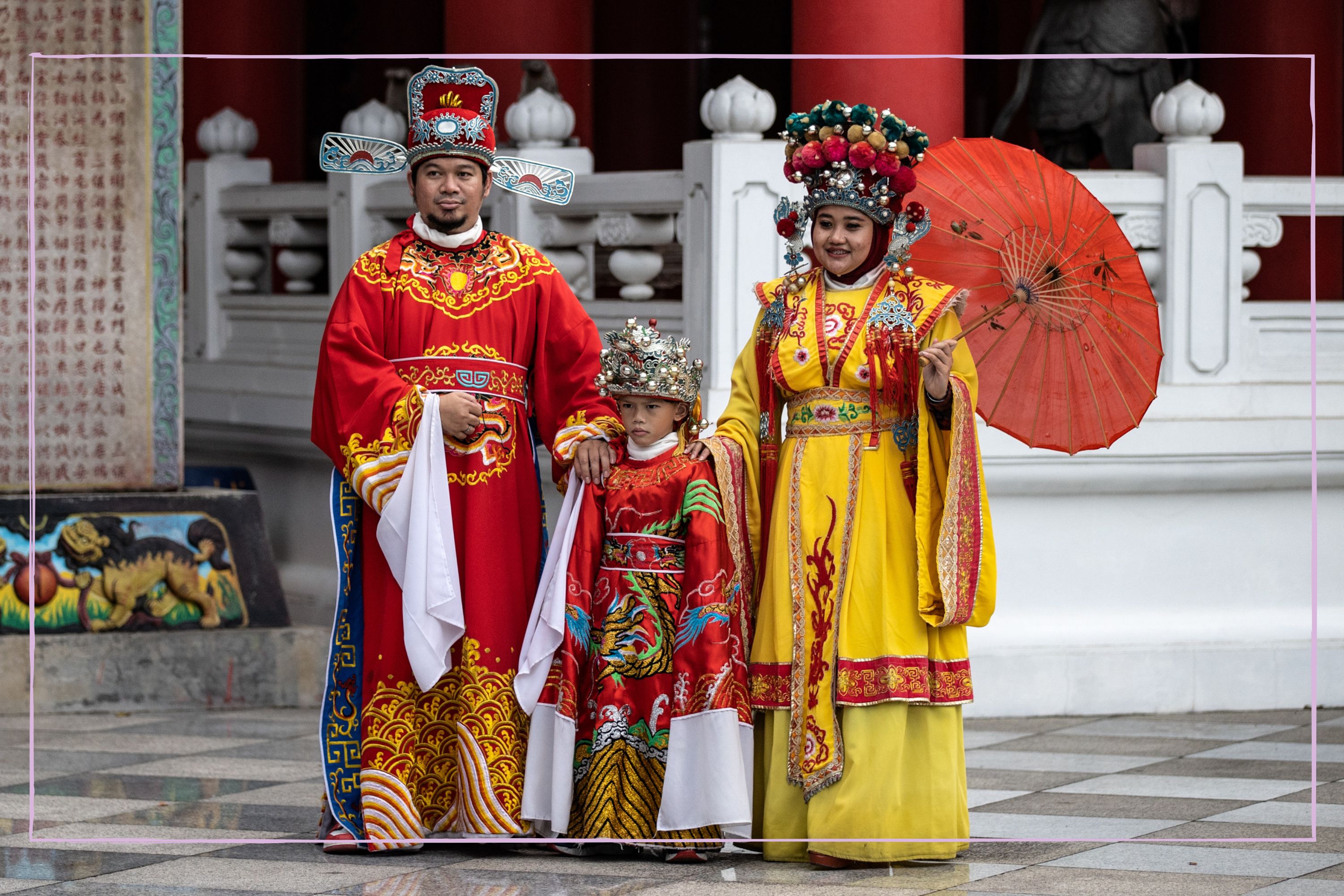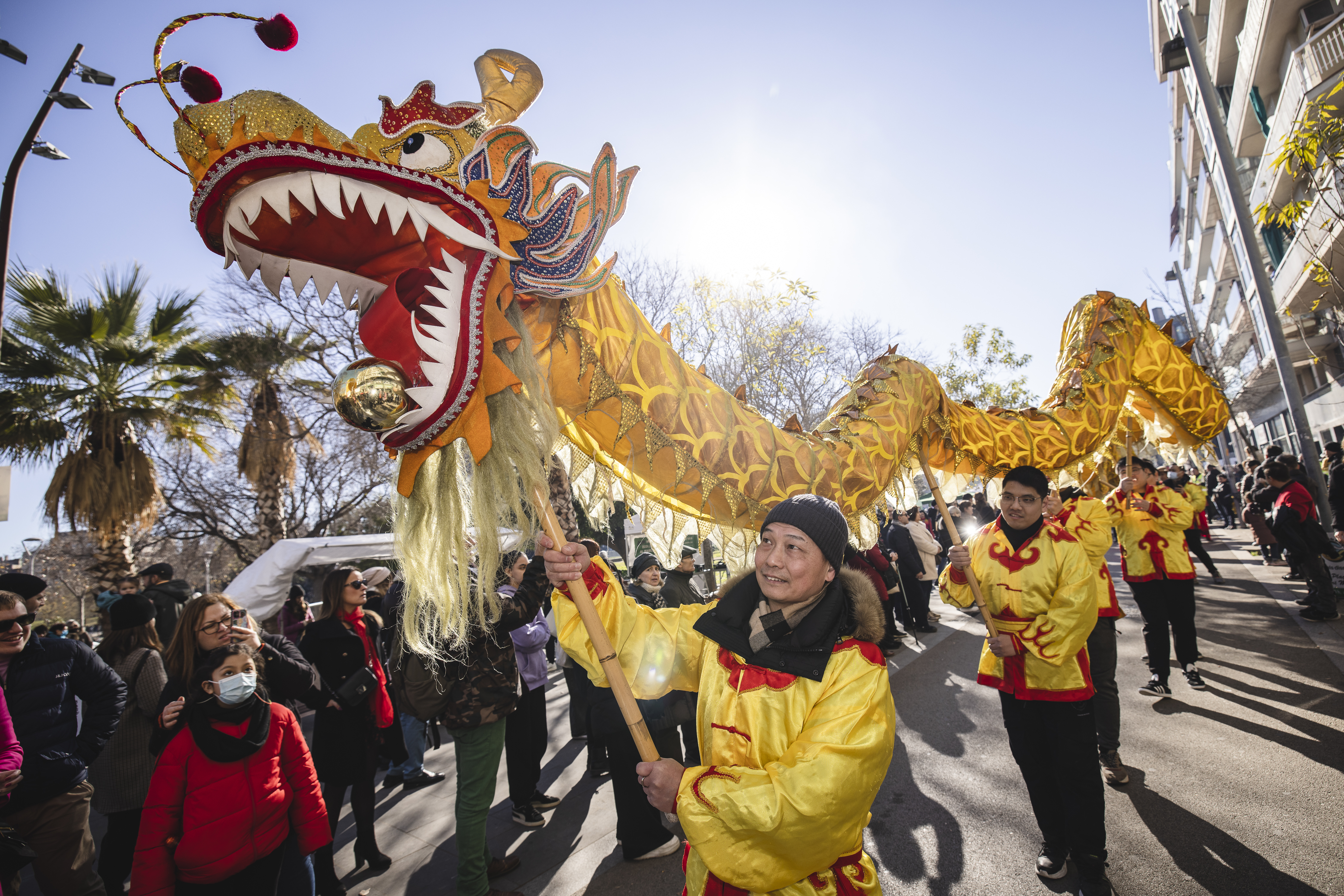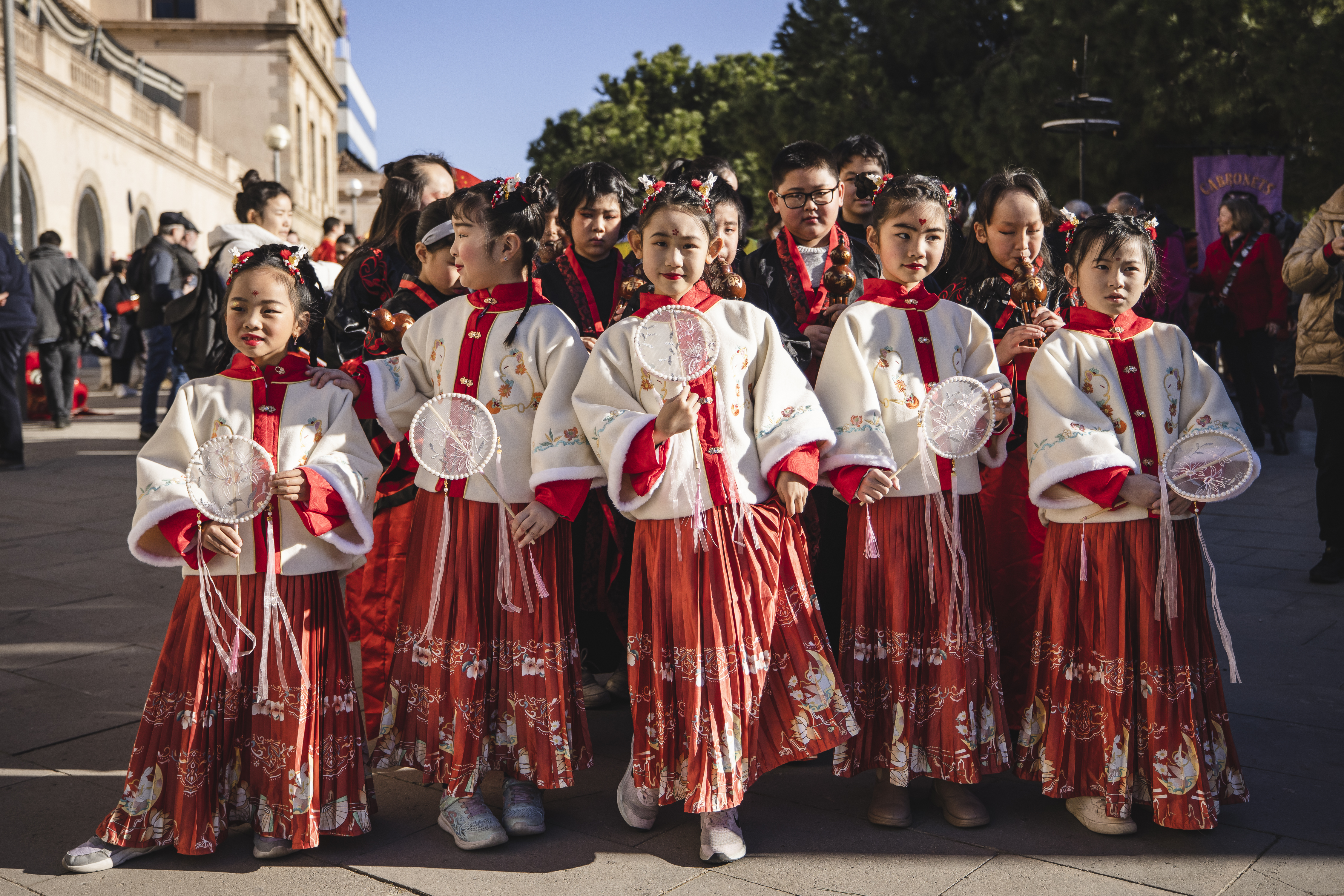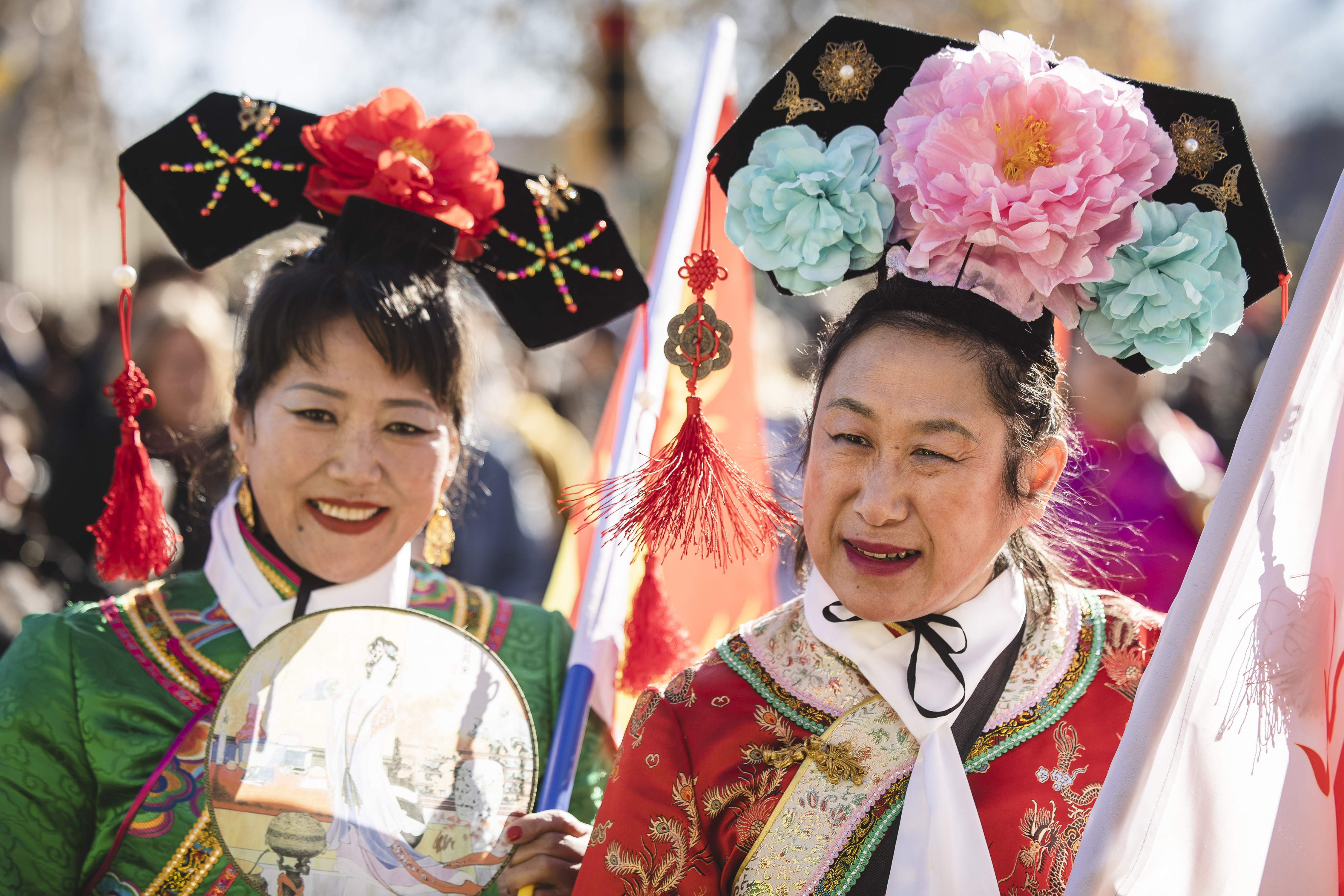What is the Lunar New Year and is it different to Chinese New Year?
As the celebrations begin, we explore why the Lunar New Year is so special

Today, 22 January 2023, marks the Lunar New Year and the arrival of the Year of the Rabbit. The Lunar New Year, as suggested by its name, is the celebration of a new year based on months dictated by the cycles of the Moon, not on the running of the Western organised months. The New Year falls on a different day each year, usually being celebrated somewhere between late January and the middle of February.
The celebration is not unlike Western New Years, with the public holiday being observed across China, North and South Korea, Malaysia, the Philippines, Indonesia, Singapore, Brunei, and Vietnam.
According to the lunar calendar, this lunar year ushers in the Year of the Rabbit. According to Time Magazine, each of the 12 zodiac animals are assigned to a year on a rotating basis, starting with the rat and then running through the ox, tiger, rabbit, dragon, snake, horse, goat, monkey, rooster, dog and pig.
However, the animals are slightly different in Vietnam, with the ox being replaced by the water buffalo, and the rabbit with the cat. So this year, people in Vietnam will be ushering in the Year of the Cat, not the Rabbit.
The holiday generally involves spending time with family, with many superstitions and symbolic events influencing the celebrations, not unlike the New Year’s Day superstitions rampant in the western world.

What is the difference between Chinese New Year and Lunar New Year?
The term Chinese New Year is used when referring specifically to a new year event when Chinese traditions and culture are celebrated, while the term Lunar New Year is used in a more general sense to describe the holiday celebrating a new Lunar Year. The two celebrations are related holidays, with both of them marking the beginning of a new year, but 'Chinese New Year' is specific to New Years celebrations centred around Chinese culture.
The term Lunar New Year is becoming increasingly popular as many Asian countries celebrate the new year using a lunar calendar and, though some traditions are shared, celebrations are always unique to each country and their cultural identity.
Parenting advice, hot topics, best buys and family finance tips delivered straight to your inbox.
There is also the fact that not all Lunar New Years are celebrated on the same day, marking the need for a general term for Lunar New Years instead of the inaccurate term of 'Chinese New Year'. The differences in New Year dates is caused by the fact that many different cultures use their own lunar calendar, marking the beginning of new months and years at different dates.
For example, Korea, Japan, and Vietnam use an interpretation of the Chinese calendar, and therefore celebrate their New Year at the same, or almost same, time. But the Mongolian, Islamic and Jewish lunar calendars all have different months and cycles, and therefore celebrate Lunar New Year on different dates.

Is Lunar New Year a holiday in UK?
Lunar New Year is not a public holiday in the UK, though celebrations with parades and large scale public celebrations will be seen particularly in city centres and Chinatown areas.
For people across Asia, the festival is marked by a week of public holidays, but the only disruption seen in the UK will likely be caused by some Chinese shops and other businesses keeping different hours during the Lunar New Year period.

How do you respectfully celebrate Lunar New Year?
There is no one way to celebrate the Lunar New Year, with customs and traditions differing across the myriad of countries celebrating the occassion. But, there are a few similarities across all the cultures that help to mark the time for everyone no matter where they are.
Family and food are both central to the Lunar New Year celebrations. Like many major holidays across the globe, there is a tradition of travelling back home to spend time with family and friends. This aspect of the holiday is so crucial that Lunar New Year travel has been called the ‘world’s largest human migration’. In 2019, before Covid threw a spanner in the works, three billion trips were made during the holiday season.
Food also plays a special role, with many dishes being served to ensure luck and prosperity for the coming year. While the exact dishes themselves differ, sticky rice items are a mainstay as they are considered emblematic of togetherness.
Related articles:
- Chinese New Year menu: Celebrate with these classic Chinese recipes
- Sesame prawn toast recipe
- Chinese New Year chicken recipe
- New Year’s Day superstitions: What are they and where did they originate?
- Chinese sweet and sour chicken recipe
Charlie Elizabeth Culverhouse is a news writer for Goodtoknow, specialising in family content. She began her freelance journalism career after graduating from Nottingham Trent University with an MA in Magazine Journalism, receiving an NCTJ diploma, and earning a First Class BA (Hons) in Journalism at the British and Irish Modern Music Institute. She has also worked with BBC Good Food and The Independent.